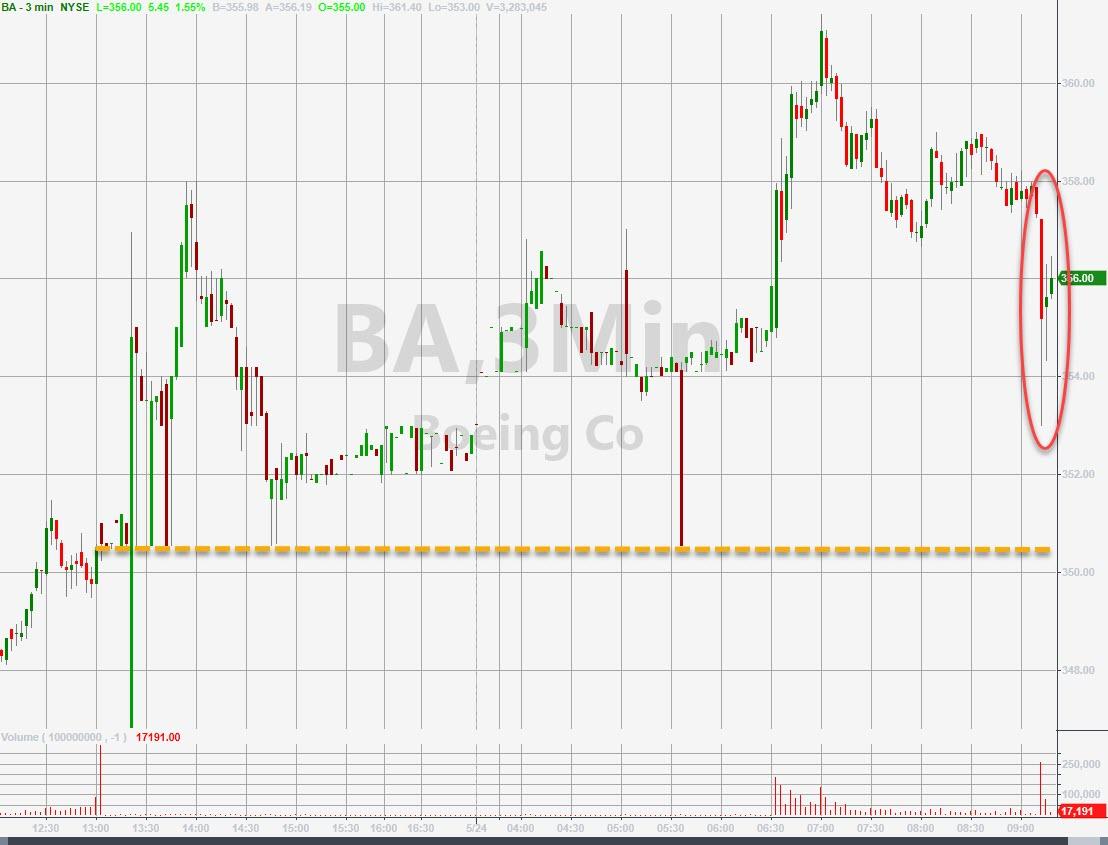Everybody knows that the American courts exercise the power to evaluate the constitutionality of legislation and declare those laws that violate the Constitution to be legally void and of no effect. To a surprising degree, it has been unclear how often the courts have exercised that power.
The problem started at the beginning. The U.S. Constitution is clear about such basic governance issues as whether the president has the power to veto bills, whether Congress can override that veto, and how bills become law. The Constitution famously does not say that the federal courts have the power of judicial review; it merely says that the “judicial Power of the United States” shall be vested in the Supreme Court and any inferior courts that Congress might create.
It is a myth that Chief Justice John Marshall invented, created or established the power of judicial review in his 1803 opinion in the case of Marbury v. Madison. Such a power was widely recognized in the years after the American Revolution and had been exercised by numerous courts, including the U.S. Supreme Court, prior to 1803. But Marshall did provide a compelling account of that power, and his opinion eventually became a touchstone for those seeking to explain, justify or criticize such a power.
Because the Constitution does not explicitly set out the power of judicial review, it has been far more contested and far less systematically accounted for than other such basic features of the American constitutional system as the presidential veto. Even the name “judicial review” is a modern invention, coined by the young Princeton constitutional scholar Edward Corwin at the beginning of the twentieth century to provide a shorthand description for the increasingly prominent activity of the courts in scrutinizing the constitutionality of duly enacted statutes. Corwin coined the term in the midst of a scholarly and popular debate over the origins, scope and legitimacy of the power of judicial review.
Among the issues in that debate was how often the U.S. Supreme Court had actually exercised the power of judicial review. The answers were surprisingly diverse. Since the Constitution did not specify that there was such a power of judicial review, it also did not specify the form by which it should be exercised. The Constitution specified that presidential vetoes should be recorded in the journal of each legislative chamber. The number of vetoes could be numbered and counted. There is no such requirement when the courts strike down a law as unconstitutional.
When, in 1792, the 2nd Congress first heard the news from a constituent that a federal judge had declared a federal statutory provision unconstitutional, there was a brief debate over what kind of response might be appropriate and whether a system needed to be put in place so that the legislature would be promptly informed when such actions were taken. But nothing was done. The courts made decisions and issued opinions, but no one designated instances of judicial review, reported such events to Congress, or put them down in an official record.
After the constitutional centennial, the Supreme Court’s reporter, Bancroft Davis, took it upon himself to compile a list of cases in which the Court had struck down an act of Congress as unconstitutional and included it in a historical appendix to a volume of the Court’s opinions in 1889. The Davis list proved to be controversial, and the historical debate over the incidence of judicial review was politicized. Populists and Progressives argued that the Court had rarely exercised the power of judicial review – and thus should rarely exercise it in the future since it was of dubious legitimacy. Conservatives argued that the Court had exercised the power of judicial review more often – and should keep on exercising it in the future to temper the passions of popular majorities. Some argued that John Marshall created the power of judicial review out of whole cloth and that the Court rarely dared exercise the power afterwards. Some went further and denied that even Marbury itself could properly be understood as an example of judicial invalidation of a federal law. Others argued that Marbury was just one of many instances of judicial review and was just one example of a venerable judicial practice.
Near the end of his career Edward Corwin played a big role in putting that debate to rest by compiling a now-canonical list of cases in which the Court invalidated a federal law. But Corwin’s list is wrong.
You’ll really know the rest of the story if you read Repugnant Laws. You’ll get another taste in a future blog post.
from Latest – Reason.com http://bit.ly/2X5C7cz
via IFTTT







